
Here are five things you should know at the end of this week:
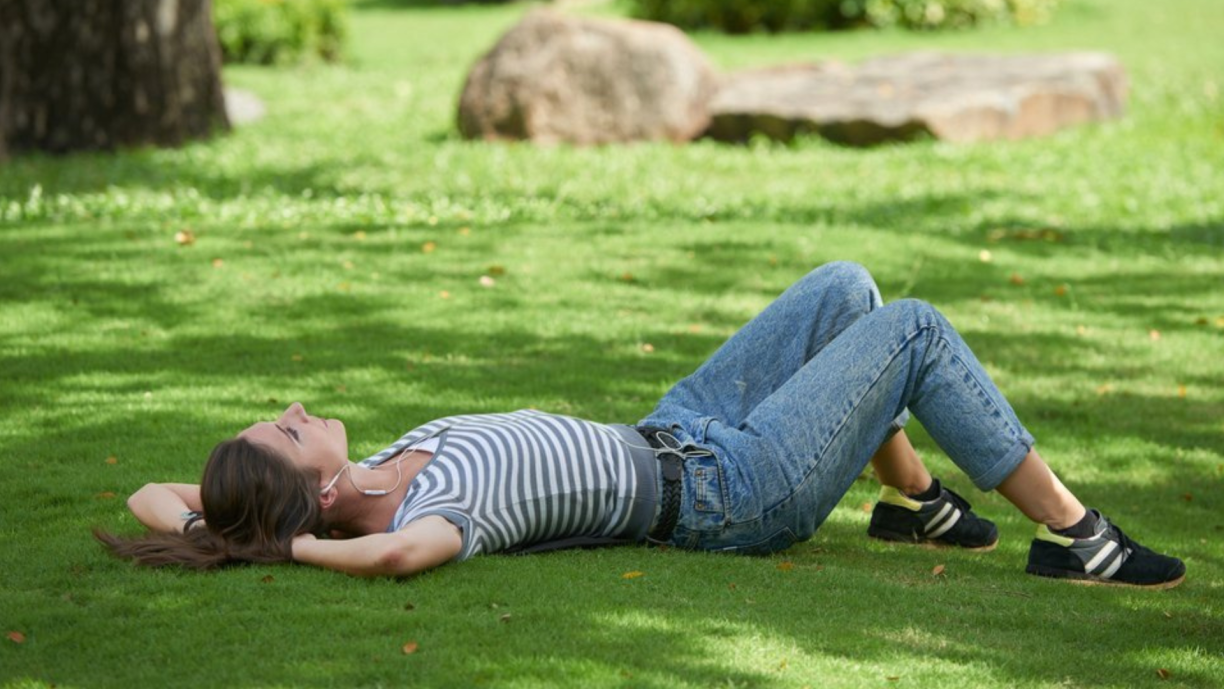
According to the World Happiness Report 2024, Luxembourg is in the top 10 of the world’s ‘happiest populations’, at number 8.
Shiny happy people – According to the World Happiness Report 2024, released on Wednesday, Luxembourg is in the top 10 of the world’s ‘happiest populations’, at number 8. The top positions are taken by four Nordic European countries (Finland, Denmark, Iceland and Sweden). As for the Grand Duchy’s closest neighbours, Belgium ranks 16th, Germany 24th and France 27th.
What are we happy about? – Having been a constant presence near the top in recent years, Luxembourg seems to be living ‘the good life’. Among the main factors contributing to Luxembourg residents’ happiness are high purchasing power, long life expectancy with good access to healthcare, a perceived absence of corruption and the freedom to make life choices.
Not as simple as it seems – On the other hand, a STATEC report slightly clouds up the sunshine, painting a more nuanced picture: soaring energy costs and housing expenditures, alongside a certain income disparity, contribute to a growing feeling of unease and anxiety, especially among the younger population. Speaking to RTL, STATEC director Serge Allegrezza insists that ‘measuring well-being is a very complex matter’.
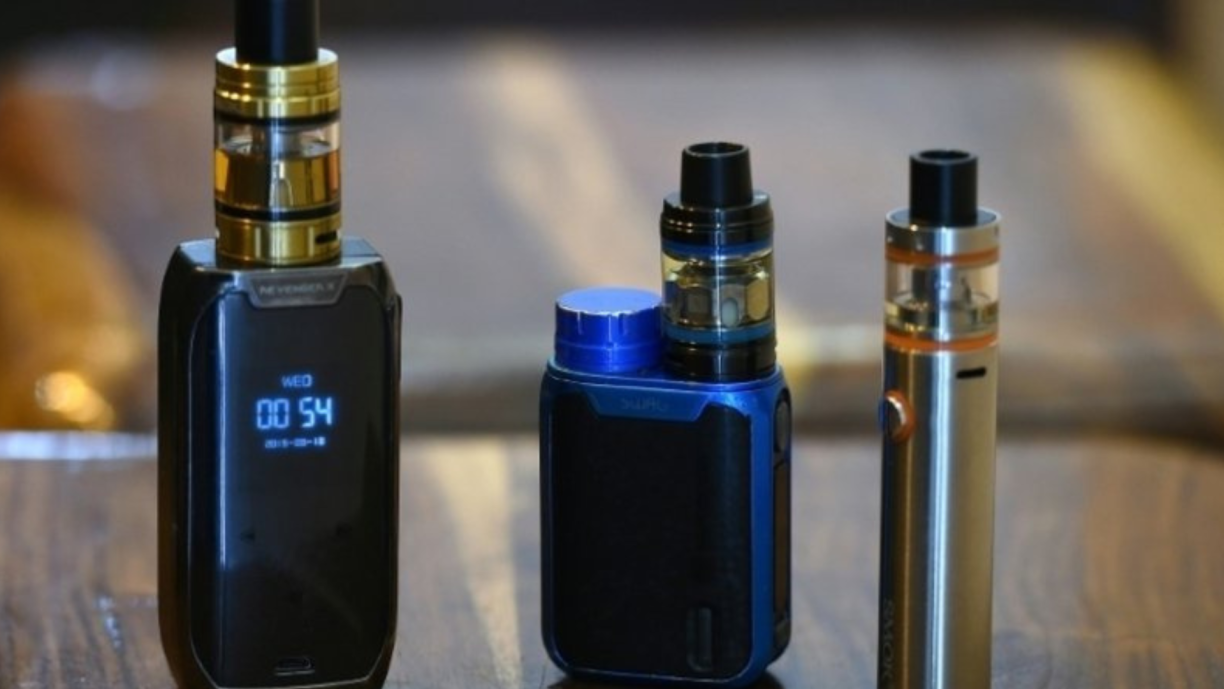
Luxembourg is set to implement a new taxation system targeting e-cigarettes and nicotine pouches.
These developments were disclosed in response to a parliamentary question centred on the consumption of tobacco and related products.
Additionally, new-generation tobacco products will now fall within the scope of the country’s new national anti-smoking programme.
Taxes for new-generation products –The forthcoming taxation, slated to come into effect on 1 October 2024, is part of a Grand Ducal regulation currently in the process of being drafted. Under this regulation, e-liquids will be taxed at €120 per litre, while nicotine pouches will incur a tax of €22 per kilo.
Parliamentary session –Minister of Health Martine Deprez and Minister of Finance Gilles Roth disclosed this information in response to an enquiry by MP Sven Clement of the Pirate Party. Said enquiry centred on the consumption patterns of tobacco and related products in Luxembourg, focusing on emerging products such as disposable vapes and snus-like products such as nicotine pouches.
Anti-smoking policies –New-generation tobacco products will also see a change of status, considering that they will soon fall within the scope of Luxembourg’s anti-smoking programme. There have been, however, questions around the country’s ‘inconsistent’ tobacco policy, which has been the subject of debate in the Chamber of Deputies. A price increase for tobacco products is one of the more commonly proposed options, especially considering that tobacco costs in Luxembourg are much lower than across neighbouring countries.
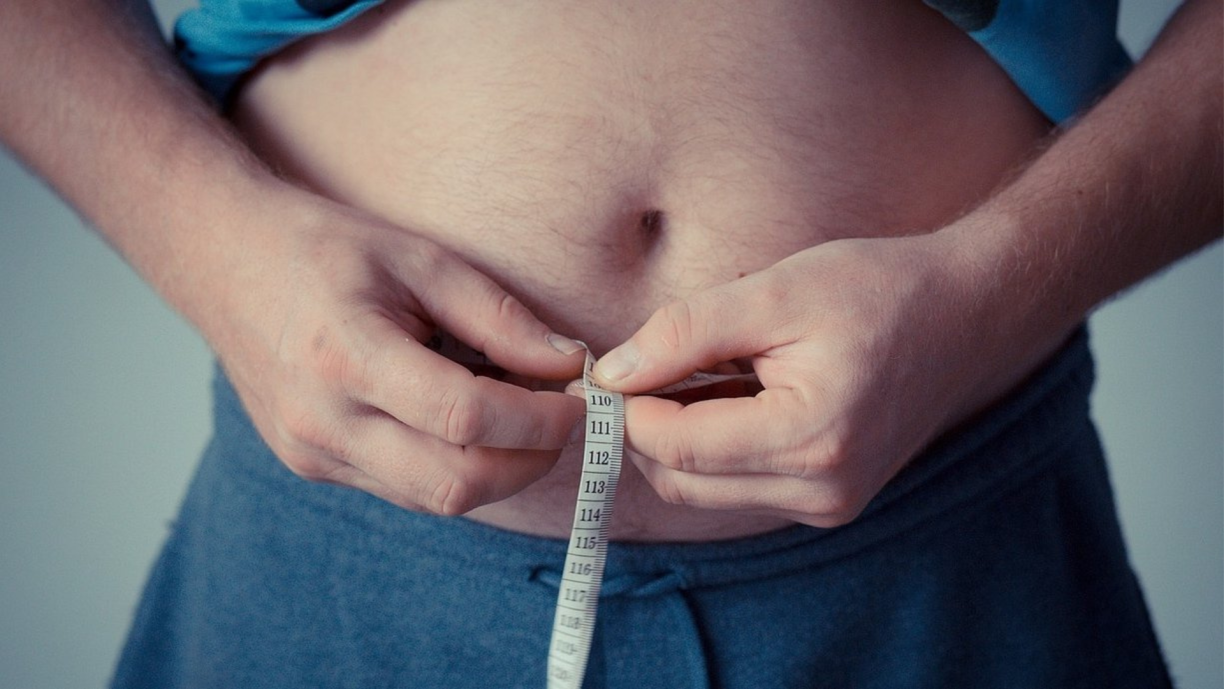
Amid alarming obesity rates in Luxembourg, the Patient Advocacy Group called last week for urgent action, including a proposed sugar tax on soft drinks.
The proposal takes inspiration from a similar measure put into practice in Great Britain, which has reportedly produced positive results, according to a recent study.
The matter was discussed in Luxembourg parliament, giving way to a spirited debate among the divided representatives. In the end, the motion did not pass.
A growing concern –One in five children is overweight in Luxembourg - that is the latest conclusion of the Health Observatory. The reason behind this is not only too little exercise, but also an unhealthy diet. Soft drinks, often possessing high levels of sugar, are commonly associated with health and obesity problems, and the Patient Advocacy Group is calling for urgent measures to be taken, one of which would be a sugar tax on drinks.
Sugar, sweeteners, chemicals –The idea behind this proposal is to get the producers to foot the bill, not the consumers. This added ‘weight’ would, in theory, incentivize the use of lower quantities of sugar in drinks. The proposal is, however, met with some skepticism. A local producer points to the risk of food producers replacing natural sugars with chemical replacements, which would be equally - if not more - harmful to our health.
Motion did not pass –The Luxembourg Chamber of Deputies discussed the issue on Tuesday afternoon, as a spirited debate took place. LSAP MP Dan Biancalana initiated the discussion, expressing interest in potential government strategies to address the issue, including the possibility of implementing a sugar tax: “It’s not about adopting the French or British model 1:1 […] but I think it’s worth considering.”
CSV MP Jeff Boonen voiced reservations and called for a cautious approach, highlighting concerns regarding the potential repercussions of such a tax. Boonen feared potential price increases which could lead consumers to shop across the border or resort to cheap food.
The divided opinions resulted in the motion ultimately failing to pass.
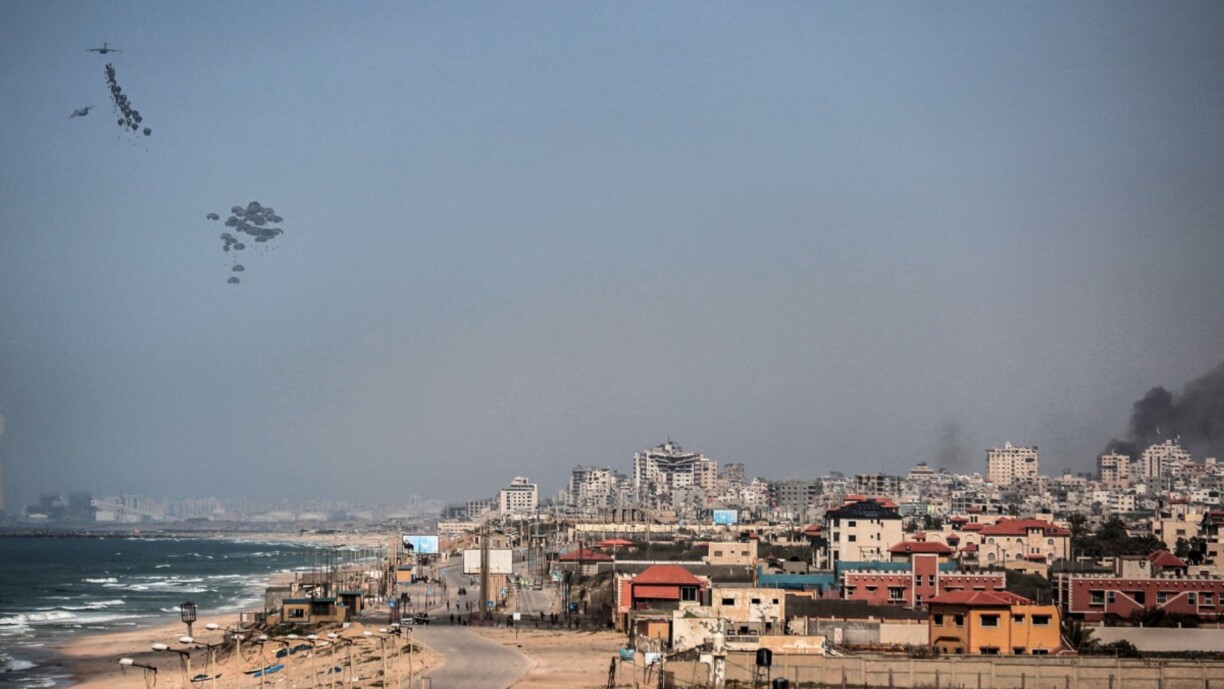
The United States, which has repeatedly blocked calls for a truce in Gaza, will submit a draft resolution to the UN Security Council Friday on the need for “an immediate ceasefire.”
Since the start of the Israeli-Hamas war on October 7, the United States has repeatedly used its UN Security Council veto to block the world body from calling for an immediate ceasefire in the Palestinian territory.
Under pressure –Following their last veto at the end of February, US officials have been negotiating an alternative text focusing on support for diplomatic efforts on the ground for a six-week truce in exchange for the release of hostages.
With the United States under strong international pressure to soften its support for key ally Israel, Secretary of State Antony Blinken said Wednesday that the latest resolution sends “a strong signal.” Blinken is currently heading to Israel, ahead of the key UN Security Council vote on said draft resolution.
‘Too weak’, says Russia –The latest version notes the necessity for “an immediate and sustained ceasefire to protect civilians on all sides, allow for the delivery of essential humanitarian assistance, and alleviate humanitarian suffering.” However, the text does not explicitly use the word “call,” instead simply stating that a ceasefire is imperative, which Russia says is too weak.
Humanitarian aid is needed –A United Nations-backed food security assessment warned Monday that half of Gazans are experiencing “catastrophic” hunger, with famine projected to hit the north of the territory by May unless there is urgent intervention.
With aid agencies reporting huge difficulties gaining access to Gaza, particularly the north, the UN has warned for weeks that a famine is looming.
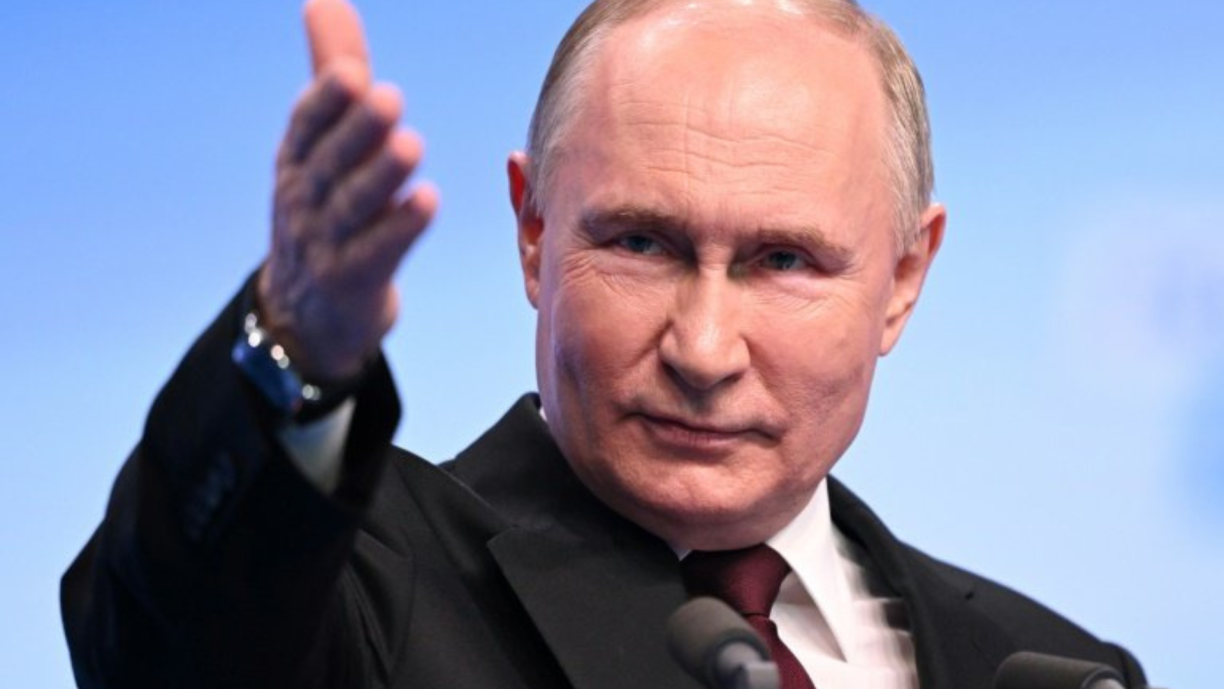
It was an unsurprising and overwhelming victory for Putin, who ran for re-election facing virtually no opposition.
The elections took place amid a heightened frequency of strikes from Ukrainian forces, to which Putin vowed to respond vigorously.
The international community has denounced the Russian elections as a ‘farce’, accusing Moscow of silencing dissenting voices.
Surprise, surprise –The expected outcome did, indeed, come to pass: Vladimir Putin was re-elected Russian president in a “landslide” victory against a series of symbolic participants.
The current and future leader took home nearly 90% of the votes, describing the victory as a great display of Russian unity. Russian nationals living in Luxembourg were also able to participate in the voting process.
Exchanging fatal strikes –Ukrainian attacks rocked Russia during the early voting period in the shape of air strikes and ground incursions by sabotage teams. As the war passes the two-year mark, Kyiv increasingly relies on international aid to replenish depleted resources.
With big military aid packages left in limbo, Ukrainian president Zelensky continues his appeal for external help as Kyiv struggles to hold back Russian advances.
International reaction –‘Dictatorship’, ‘farce’, ‘undemocratic’ were some of the expressions used by various members of the international community after the (expected) outcome of the Russian elections.
The reactions were also unsurprising: While close allies such as China and North Korea hailed Putin’s victory, a large contingent of nations decried the farcical nature of the voting process.
The European Union may be in the process of reassessing current military defense policies and a potential move to increase armament and munitions production, as an answer to the perceived Russian threat. In the meantime, the EU will proceed with seizing Russian assets and channeling them into aid for Ukraine.
Business & Tech –US sues Apple for running iPhone monopoly in wide-ranging lawsuit.
Science & Environment –Nuclear power could be making a comeback, as world leaders are increasingly seduced by the appeal of atomic energy as a tool to fight against climate change.
Entertainment –The music industry is alive and well, with a 10% revenue increase, partly thanks to the continued growth of streaming. Taylor Swift and K-Pop acts Seventeen and Stray Kids were among the biggest earners last year.
Cyber attack – Luxembourg government websites were taken down on Thursday by a cyber attack claimed by Russian hackers.
Petition debate – The government pledges to improve the Adapto bus service.

Your Weekly Recap is published every Friday at noon. Read earlier versions.